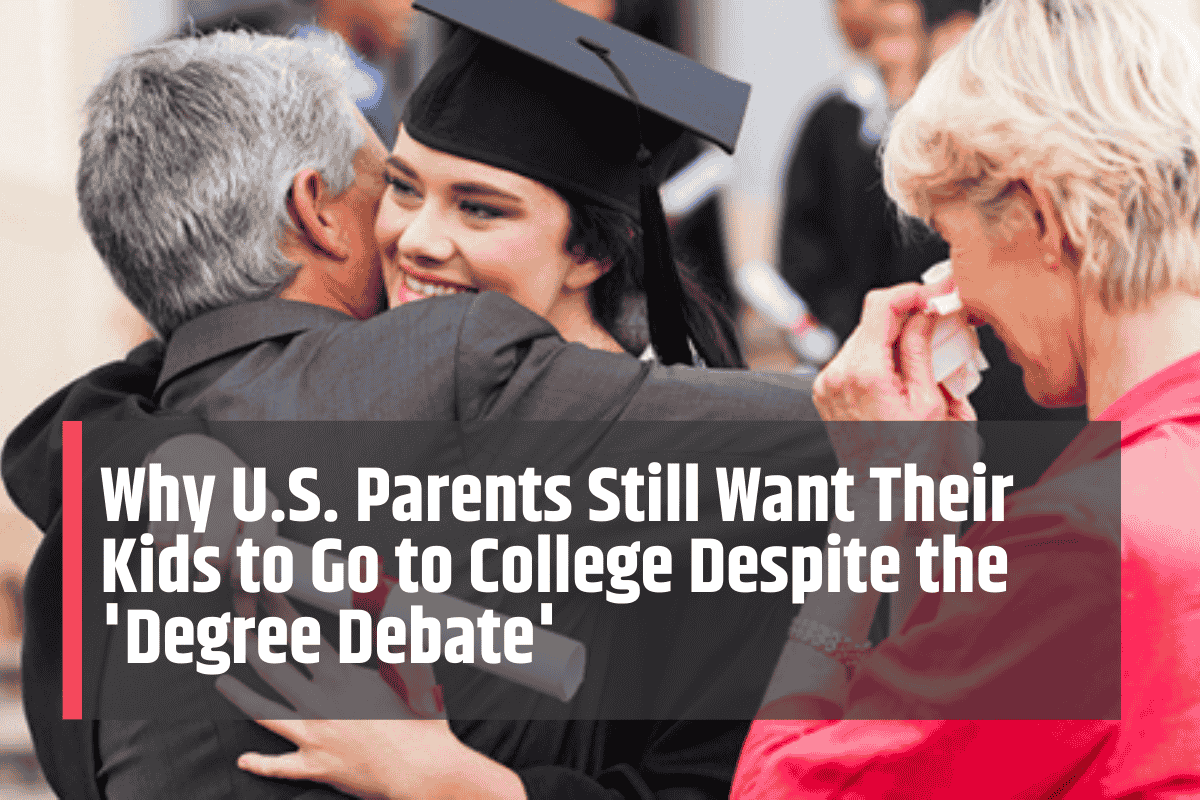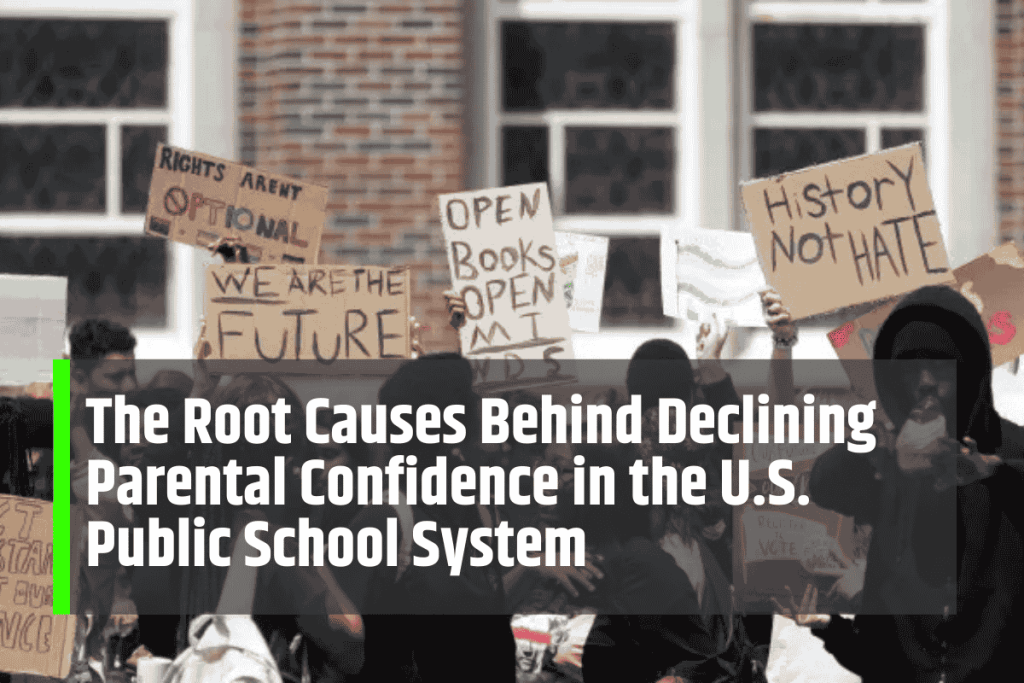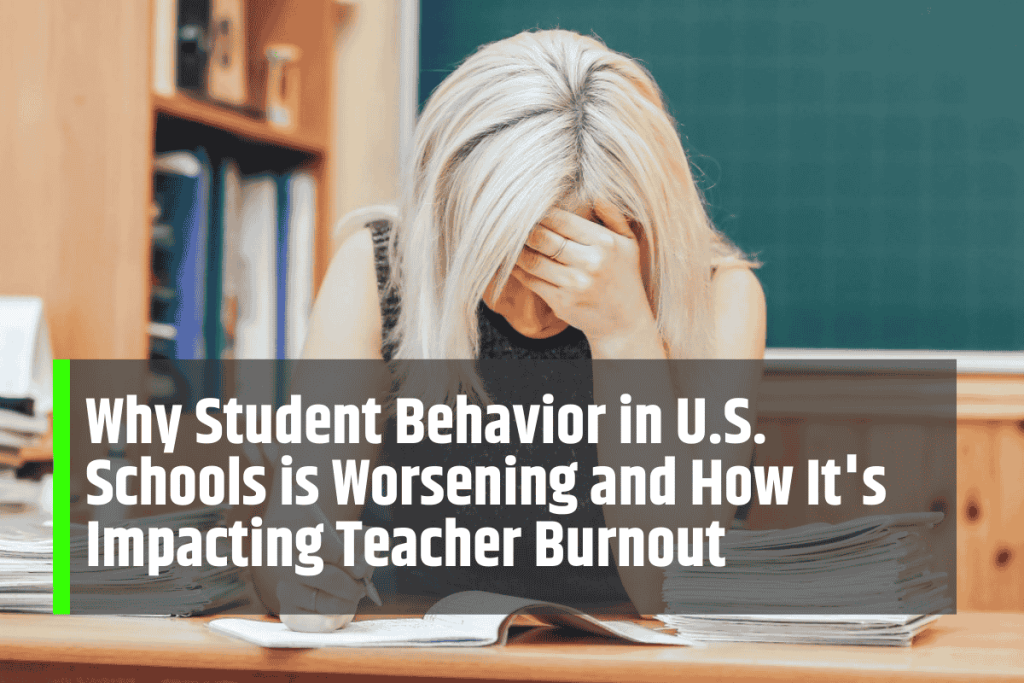Over the past decade, the value of a college degree has become hotly debated. With student debt surpassing $1.7 trillion, families question whether higher education is worth the cost. Tech leaders in San Francisco and Austin argue that grit and skills may outweigh diplomas, yet parents overwhelmingly continue to encourage college.
Why Parents Still Believe in College
For many families, college symbolizes opportunity and upward mobility. In cities like Chicago and Atlanta, parents view degrees as vital gateways into stable careers in healthcare, finance, and technology. Data from the Bureau of Labor Statistics reveals that bachelor’s degree holders earn nearly 65 percent more annually than high school graduates.
The Developmental Value of Higher Education
Beyond academics, college is perceived as a crucial developmental stage. Parents in cities such as New York and Boston emphasize that campuses offer independence, diverse perspectives, and invaluable networking opportunities. Alumni associations, particularly in Los Angeles and other major hubs, often provide lifelong connections as meaningful as the degree itself.
The Fear of Falling Behind
Parents also worry about their children losing ground in competitive job markets. In fast-growing hubs like Dallas and Denver, employers increasingly use degrees as hiring filters—even for jobs not requiring them. Degrees serve as signals of discipline, persistence, and readiness, leaving many families unwilling to risk bypassing higher education.
First-Generation Families and Education
This anxiety is especially pronounced among immigrant households in California, Texas, and New Jersey. For first-generation Americans, college is seen as the most secure route to stability. Parents who sacrificed for relocation to the U.S. often regard degrees as both repayment for their struggles and investments in generational success.
Alternatives to Traditional Degrees
New educational pathways are emerging. Coding bootcamps, trade schools, and certificate programs—such as Amazon’s credential-based training in Seattle and Google’s career certificates nationwide—offer faster, cheaper options. Yet, these alternatives still lack the universal credibility of a four-year degree. Parents generally view them as supplemental rather than replacements for traditional higher education.
A Hybrid Pathway to Success
Many families now adopt a hybrid approach: combining formal degrees with specialized certifications. In Washington, D.C., for example, students pursuing political or consulting careers often pair bachelor’s degrees with policy certifications. This strategy reflects a growing recognition that layered credentials enhance employability in increasingly competitive and specialized job markets.
Local Economies Shape Educational Choices
The debate also varies by geography. In Rust Belt cities like Cleveland and Detroit, parents see college as an escape from declining industries. Meanwhile, in Sun Belt cities such as Phoenix and Charlotte, rapidly growing sectors still prioritize degree holders. The regional economy significantly influences how families perceive educational necessity.
Rural Aspirations for Urban Futures
Even in rural areas, parents aspire to college pathways for their children. In states like Iowa and Nebraska, families encourage higher education as a way to access better-paying opportunities in nearby urban centers such as Omaha or Des Moines. For many, college is a ticket out of limited local economies.
The Emotional Weight of College
The pursuit of a degree carries emotional significance as well. For parents in Miami, Minneapolis, and beyond, college graduations represent family triumphs. Diplomas embody sacrifice, perseverance, and pride. These milestones are celebrated as collective achievements, underscoring why parents remain committed to the college dream despite rising financial burdens.
College as Identity and Status
Degrees also confer cultural status. For many parents, their children’s education validates personal sacrifices and reinforces family identity. Higher education is more than an economic calculation; it is an aspirational marker of resilience, ambition, and belonging within the broader American narrative of progress and opportunity.
Reform and Policy Experiments
At the policy level, reform efforts are underway. Washington debates student loan restructuring, while states like Tennessee and Oregon have pioneered tuition-free community college models. These initiatives aim to relieve financial strain, but broad challenges remain as rising costs continue to overshadow attempts at affordability and accessibility.
Shifts in Employer Expectations
Employers are also rethinking degree requirements. Some tech firms and startups are adopting skills-based hiring, especially in rapidly evolving industries. However, in sectors like healthcare, finance, and public administration, degrees remain indispensable. Until broader acceptance of alternatives emerges, families continue to prioritize traditional higher education as a safer path.
A Future Still Anchored in College
From sprawling metros like Houston to small Midwestern towns, parents persist in their belief that college ensures opportunity and dignity. The “degree debate” may intensify, but higher education continues to symbolize stability, identity, and aspiration. For most families, it remains a vital stepping stone toward securing a better future.











Leave a Comment